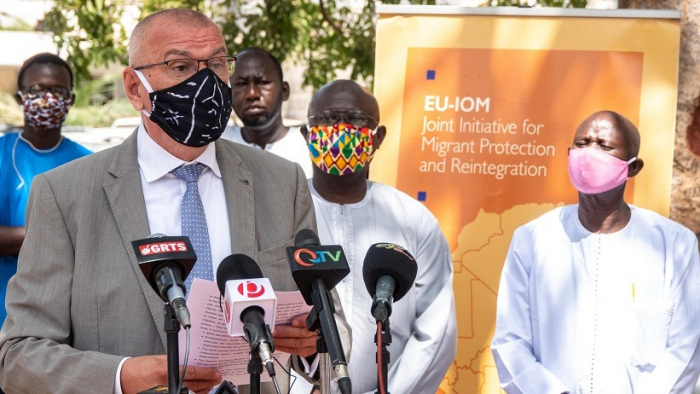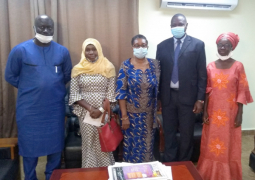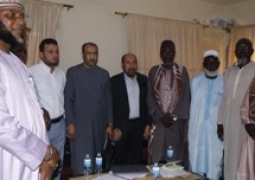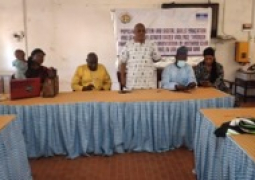
The European Union’s RIEC project has temporarily shifted its focus from agricultural infrastructure that promotes products for the tourism and export markets, to short-term infrastructure projects that promote in-country food self-sufficiency.
In a release sent to The Point, it stated that in addition to the rehabilitation of 10 solar-power irrigated gardens, the RIEC has now targeted the rapid improvement of 20 large traditional gardens in the North Bank and Central River regions, adding that these traditional gardens can provide large quantities of nutritionally diverse products to feed the local population. Both the production and the productivity of these gardens can be quickly increased.
“The project is using a Cash for Work system that pays local youth and returnees to erect permanent fencing around garden perimeters and protect the crops from roaming animals. The project presently employs 180 workers at six different sites and will soon be opening another dozen sites.”
“The payments provide a welcome infusion of cash into the local economy, increasing resilience by creating a buffer against the current hard times. The project is also collaborating with the EU-funded Youth Empowerment Project (YEP) to experiment with lining hand-dug wells with Aircrete, a low-cost, easily installed alternative to concrete that will prevent the wells from collapsing.”
The European Union Ambassador to The Gambia, H.E. Attila Lajos said that the European Union’s response to covid-19 is multidimensional and Gambians can count on their support over the long term.
“We appreciate how RIEC has increased its direct engagement with rural women and youths following the outbreak of the pandemic,” he said.
RIEC is a three-year, 388 million Dalasis (7 million Euros) project, which is part of the larger flagship Tekki Fii programme. The project is tasked with helping to construct the rural infrastructure necessary to create sustainable agricultural value chains.
The Tekki Fii programme is designed to provide better opportunities for youth employment in the Gambia. Enabel works closely with its program partners IMVF, GIZ, and ITC/YEP which provide training, grants and activities that promote entrepreneurship and foster social cohesion among young Gambians. All projects of the Tekki Fii programme are funded by the EU Emergency Trust Fund for Africa.




